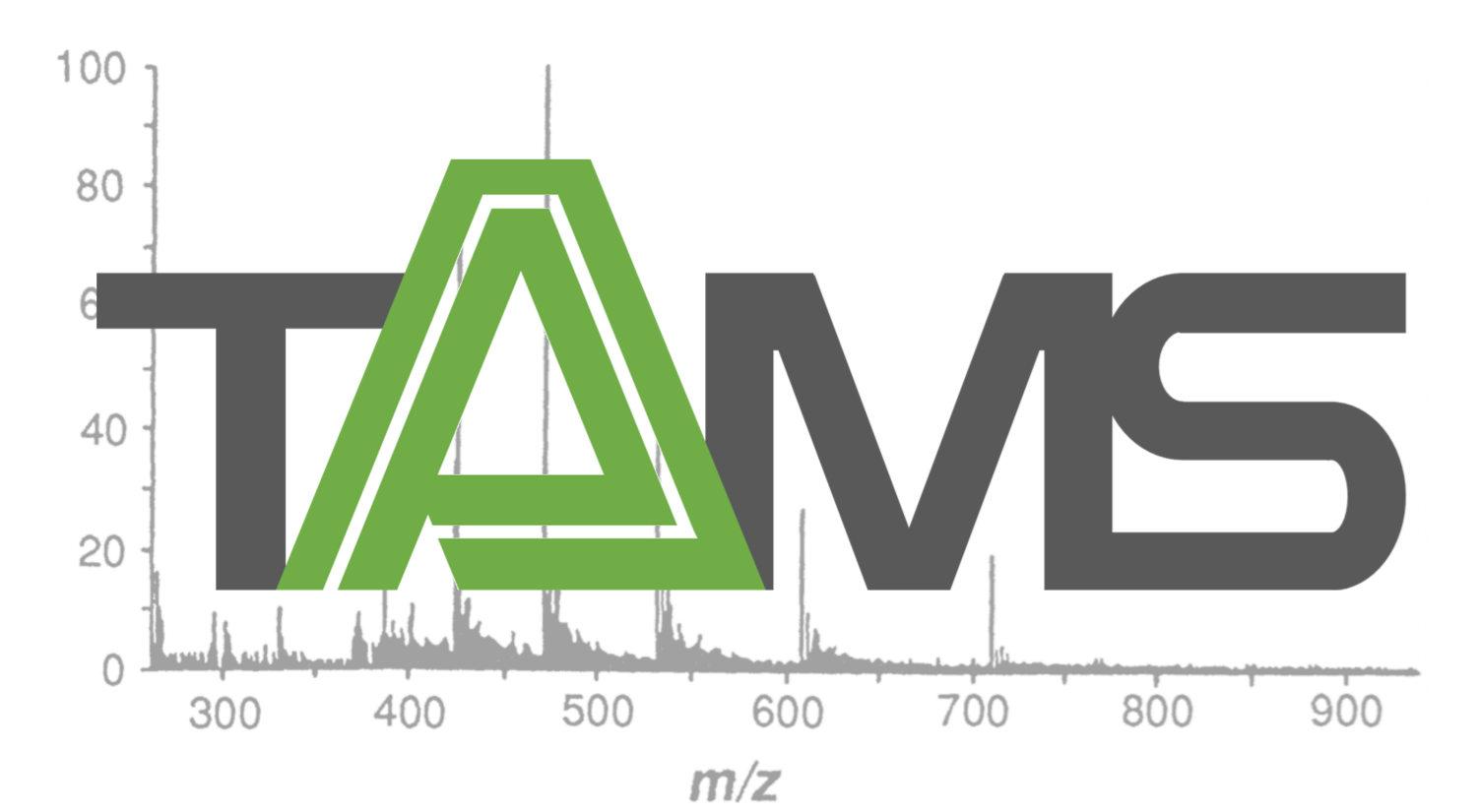"Balancing the Books in Proteomics: The Accountancy of Proteostasis"
Professor Robert Beynon, University of Liverpool
Protein turnover, the process whereby a protein is continuously synthesised and degraded within the lifespan of a cell, is an energetically costly process that consumes ATP and generates heat. Although it is evident that changes in protein abundance can be effected through turnover, most protein pools are subject to continuous replacement, even in the steady state when there are no resultant changes in protein abundance. An understanding of the system dynamics requires an understanding of the potential for flux through the protein pool, and requires accurate measurement of the sizes of those protein pools – the cellular economy of assets and turnover. Thus we need high quality ways to assess the number of copies of a protein that are present in the cell (the balance), and then understand that pool size in terms of synthesis (income) and degradation (expenditure).
Whether a protein pool is in steady state or changing, the least perturbing methods to measure turnover rates are those based on monitoring an isotope flux through the protein pools accessed through stable isotope labelled tracers that are amenable to mass spectrometry based analysis. But measuring the movement of a stable isotope precursor through a protein pool is not without its difficulties, especially in more complex biological systems, and poses both analytical and informatics challenges.
From such studies, we can begin to build a global understanding of the dynamics of proteostasis. I will illustrate these ideas by describing our research on protein quantification and protein turnover in simple cellular systems and in intact animals. These serve to define the complexity of an informative turnover study, and the use of the information that is acquired.
